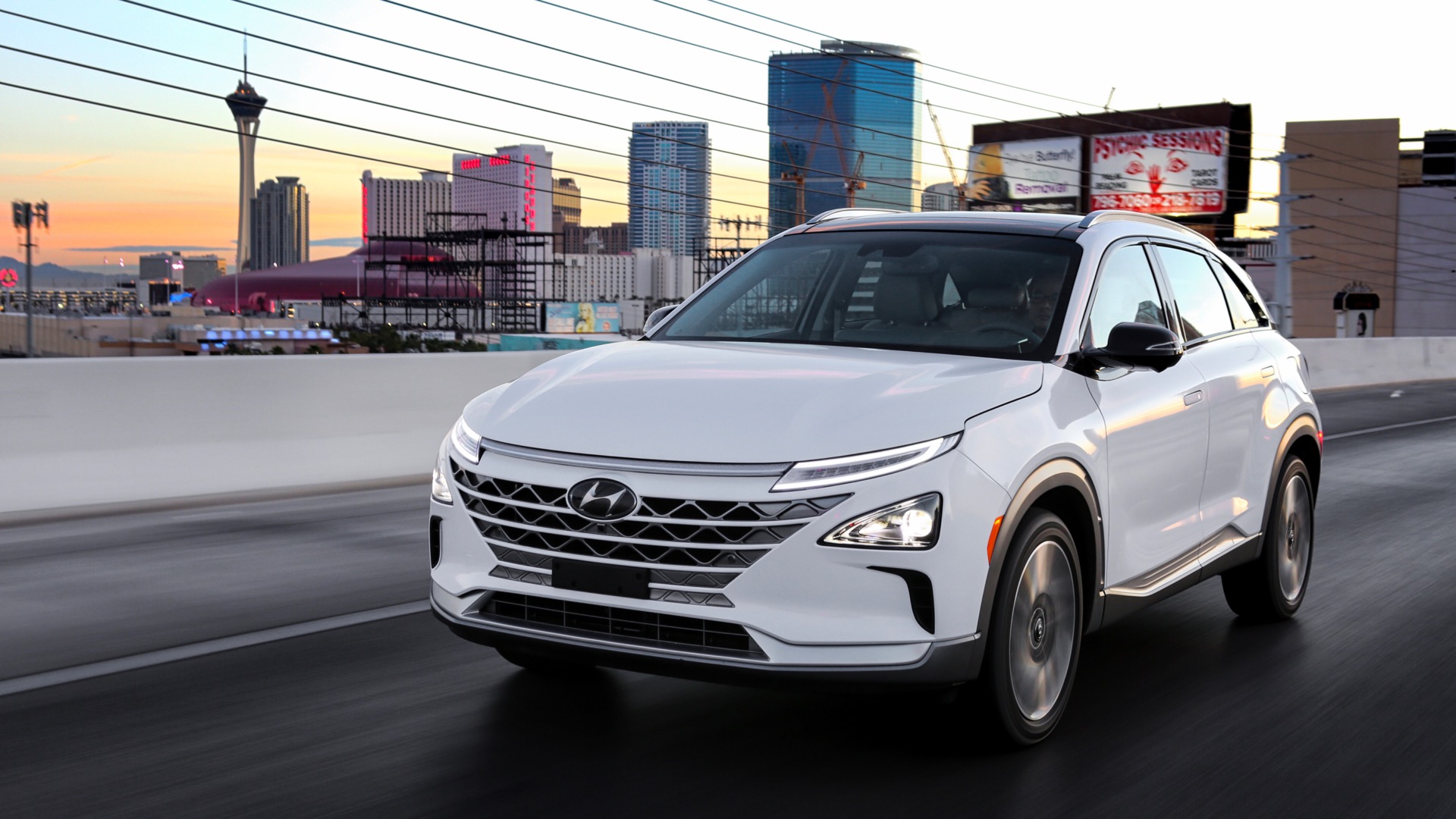

Audi and Hyundai have signed a multi-year patent cross-licensing agreement that will allow the two automakers to share hydrogen fuel-cell vehicle technology. The agreement also covers both automakers’ sibling brands, including Kia and the various brands of the vast Volkswagen Group empire.
Under the agreement, Audi and Hyundai will pool resources in developing future fuel-cell powertrains. That means Hyundai will be bringing more to the partnership initially. Having launched the Tucson Fuel Cell and its Nexo successor, Hyundai has experience with building production-spec fuel-cell vehicles that Audi doesn’t.
The Korean automaker will grant its German counterpart access to powertrain components and general know-how from those models. Audi will also have access to the supply chain Hyundai has built up since launching the Tucson Fuel Cell (sold as the ix35 Fuel Cell abroad) in 2013. Hyundai expects the partnership to create new business opportunities for its Mobis fuel-cell components division.
Audi has been working on hydrogen fuel-cell powertrains since 2004, and is the designated VW Group lead brand for the technology. Audi hasn’t put a fuel-cell car into production yet, but it is planning to do so. At some point in the next decade, Audi said it will launch a “small series production” fuel-cell model that will take the form of a “sporty SUV.” Audi noted that the collaboration with Hyundai may allow it to offer a higher-volume model as well.
Both Audi and Hyundai view fuel-cell vehicles as a viable alternative to battery-electric cars because they generally offer longer range as well as short refueling times comparable to gasoline and diesel cars. But Audi and Hyundai have also learned to love batteries. Audi is preparing to launch its e-tron electric SUV, and will likely launch more battery-electric models as part of parent VW’s ambitious electrification plans. Hyundai currently has two battery-electric models in its lineup, the Ioniq Electric and Kona Electric, while Kia has the Soul EV.